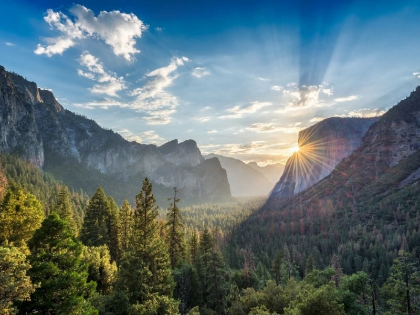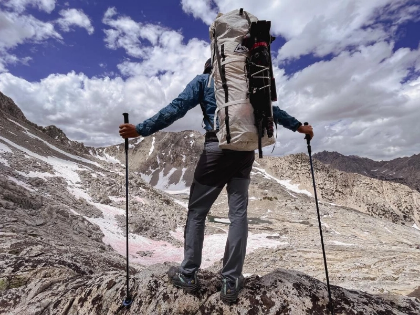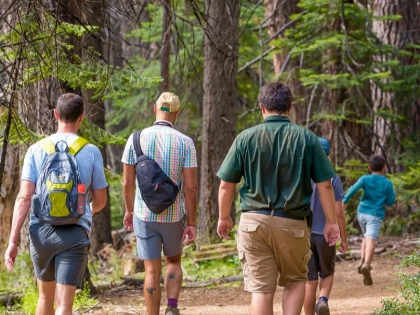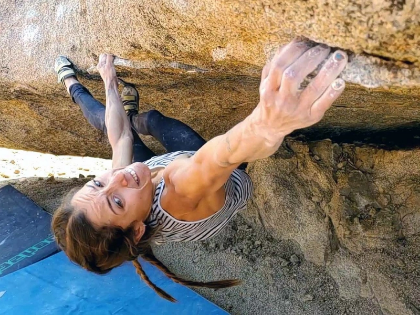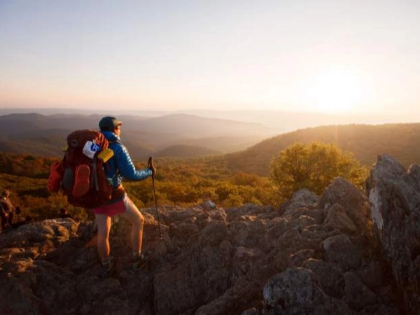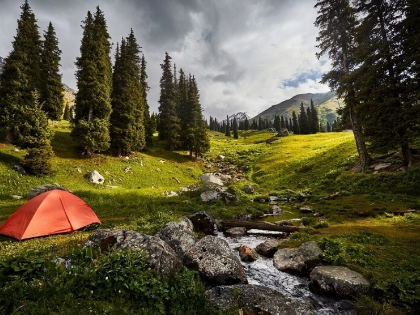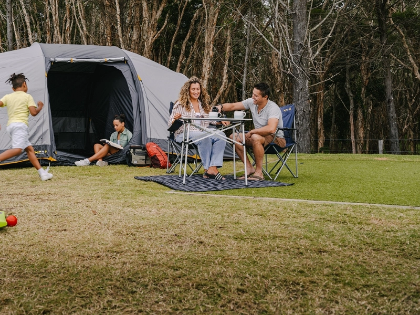Which Two Kinds Of Camping Exist?
Images of tents tucked under trees and marshmallows toasting over campfires come to mind when we think about camping. It's a wonderful chance to spend time outside and create enduring relationships with family.
However, there are various forms of camping, and every one provides a distinct experience. Car camping and glamping may be more appealing if comfort is a top concern, but wilderness and survivalist camping present greater challenges and chances to hone outdoor skills.
Camping in a tent
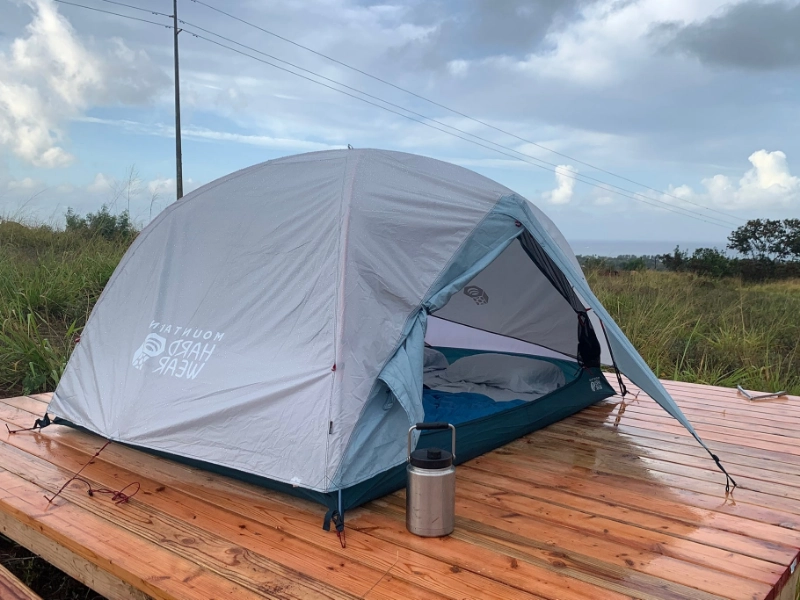
For many individuals, camping immediately conjures up images of spending the night in a tent. Because it's the most practical and economical type of camping, this is the most popular kind. You can pull up to a campground and pitch your tent directly next to your vehicle.
Families and individuals who don't want to hike with their stuff are big fans of caravan camping, if you're looking for a more pleasant camping experience. Another option is glamping, which is essentially an upscale camping experience.
More daring campers might choose wilderness camping, which involves carrying only the essentials and setting out into the forest with a tent, sleeping bag, cooking utensils, and a spirit of adventure. Some campers may even decide not to bring a tent at all and instead sleep outside beneath the stars with a tarp or bivvy bag. Although this kind of camping might be very difficult at times, it can also be incredibly rewarding.
Rough Camping
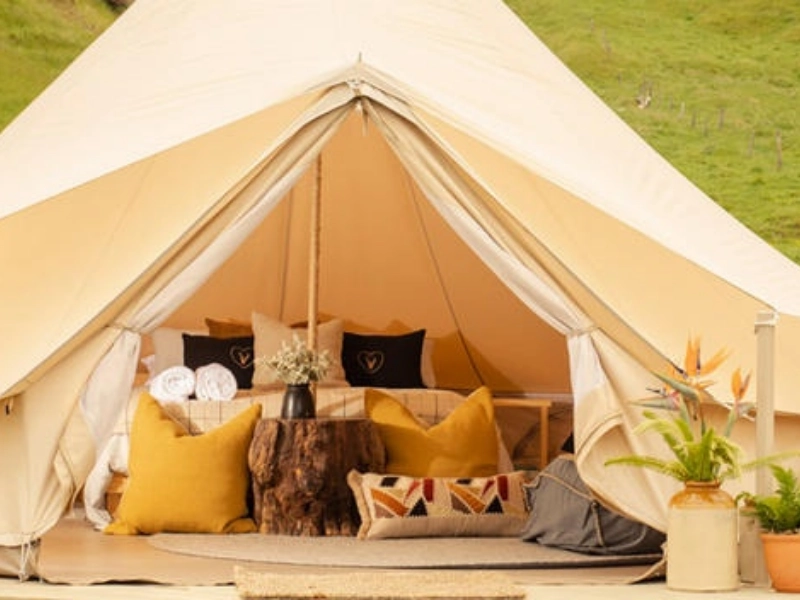
There are several possibilities available if you want to go camping in a truly remote location. The most well-liked kind of camping is backcountry or wilderness camping. The most difficult kind of camping is backcountry camping, but it also has some of the most breathtaking landscapes.
Dispersed camping, or camping away from official campsites, is another variation of rough camping. Hikers and backpackers who traverse national parks frequently choose this route. It's also an excellent method to reduce camping expenses.
Another difficult camping alternative that calls for a high degree of outdoor expertise is survivalist camping. This should only be done with the assistance of a qualified guide; it is not recommended for novice campers. Hunting and gathering food, building shelters, and practicing emergency medical procedures are all part of survival camping. Although it's a really fulfilling experience, if you're not prepared, it could be risky.
Going camping with companions
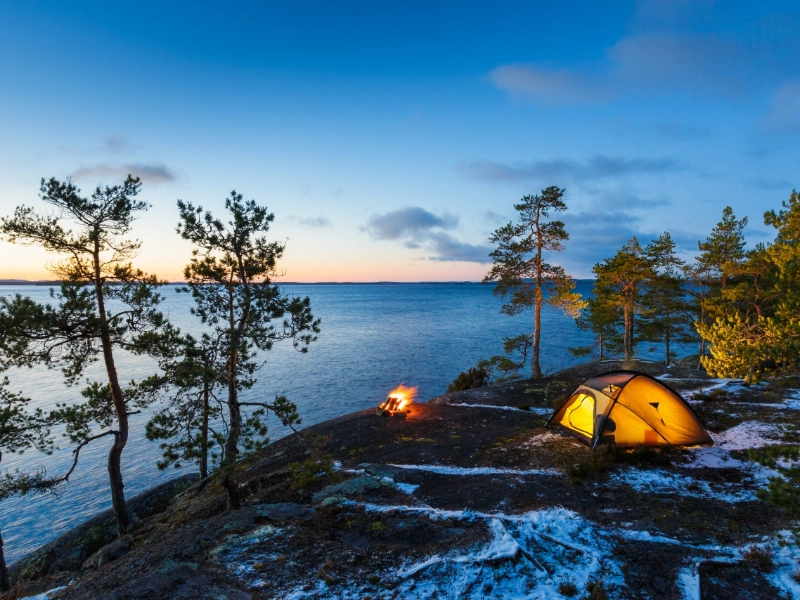
Nothing compares to the sensation of unfurling your sleeping bag and taking a snuggle beneath the stars. Sharing stories around the campfire or enjoying s'mores beneath the skies with friends is another wonderful thing about camping. It's an enjoyable pastime that promotes relaxation and forges close bonds with those who value the outdoors and the natural world as much as you do.
When camping with friends, there are a few things to consider. For instance, while in the outdoors, some people might require space or would rather keep their personal electronics hidden. When camping with friends, it's critical to be aware of these indicators and show consideration for others' privacy.
Whichever style of camping you decide on, spending time in nature and being outside is essential! It benefits your overall health and well-being. Just remember to bring insect repellent. It will shield you from ticks, flies, and mosquitoes, so you can enjoy your camping experience.
Taking the kids camping
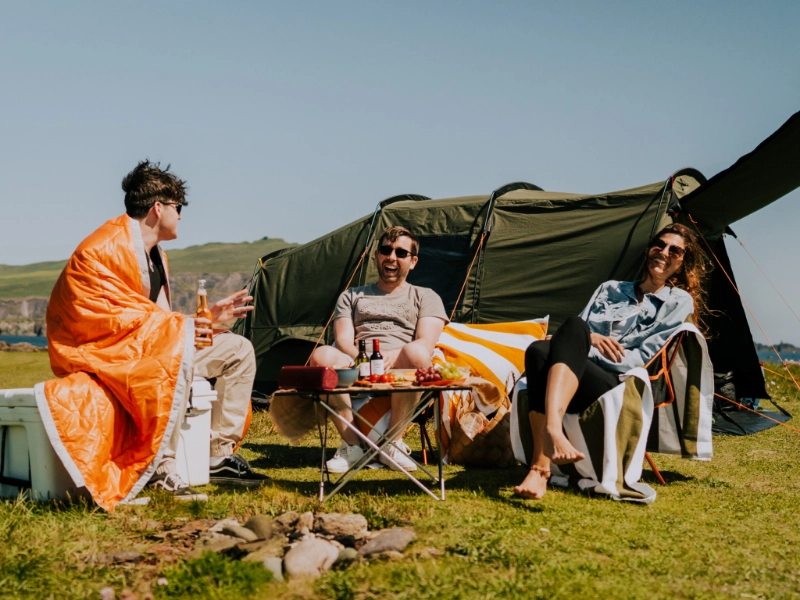
Youngsters can play games, tell stories over the campfire, explore and gather natural objects, and experience the wonder and beauty of nature with their family. Children may learn a lot about sustainability, teamwork, creative problem-solving, protecting wildlife, and life skills while camping.
Boosting Originality
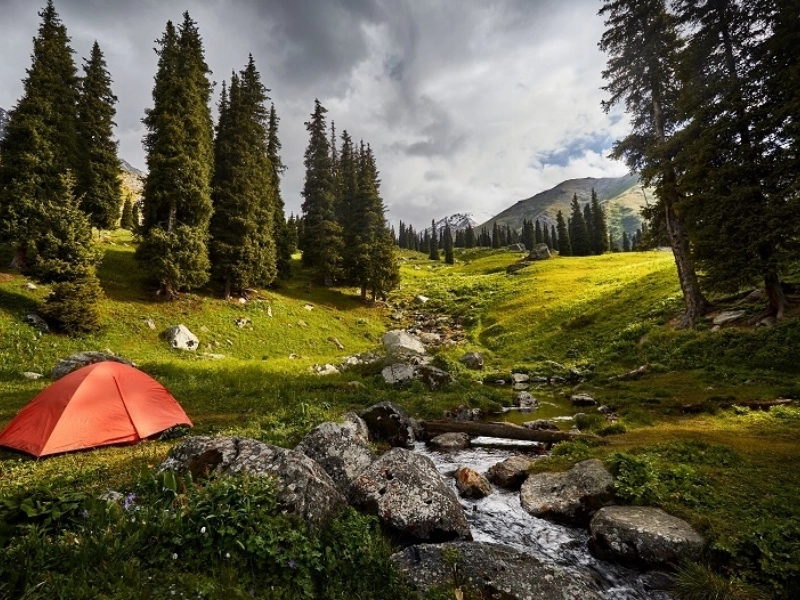
A child's ability to be creative is crucial, and going camping may be a fantastic way to let youngsters' imaginations run wild. Urge children to investigate their surroundings and search for insects, animals, plants, trees, rocks, and even star constellations.
Switching off technology
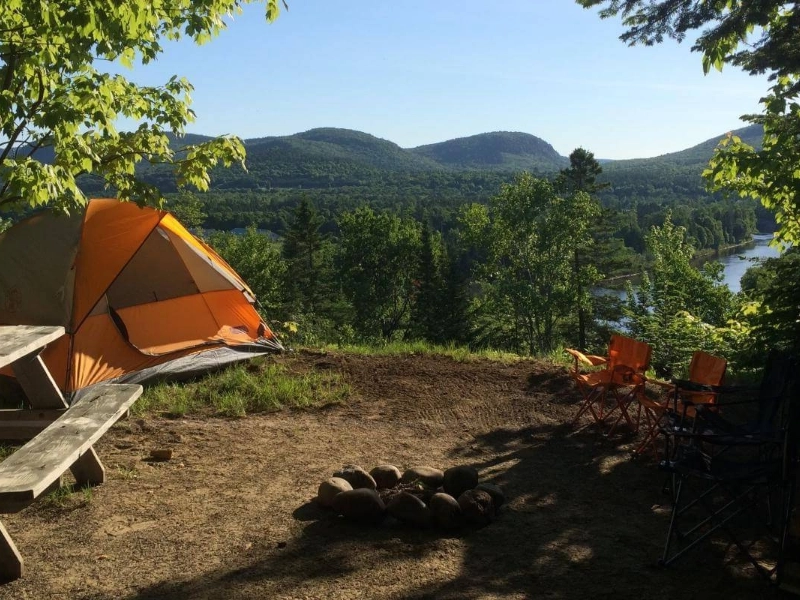
Removing electronics from children's lives encourages them to create non-tech entertainment alternatives on their own. Additionally, it can make kids feel more independent and confident in their capacity to amuse themselves. They may be able to apply this lesson to other circumstances in their lives. Additionally, the physical activity of camping can aid in lowering sedentary behaviours and increasing fitness levels.
